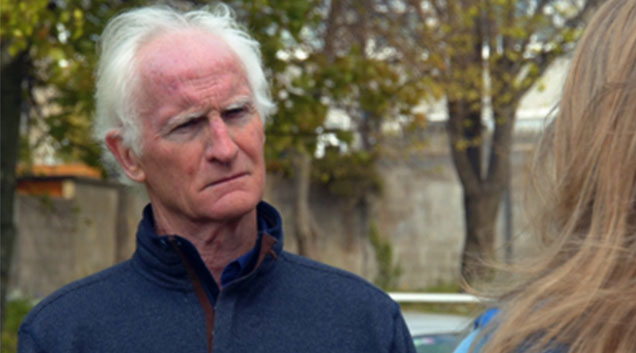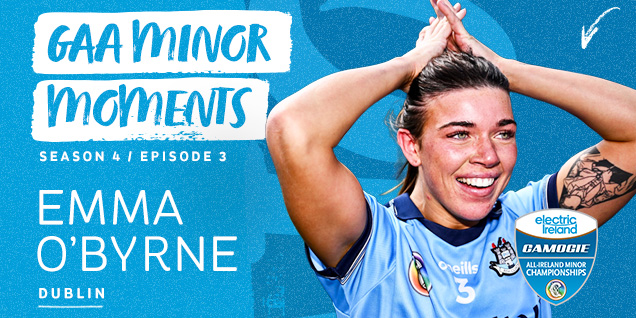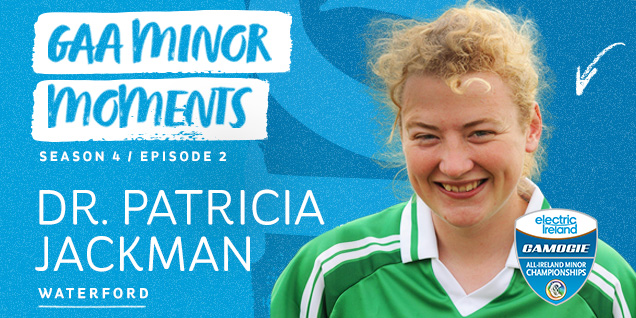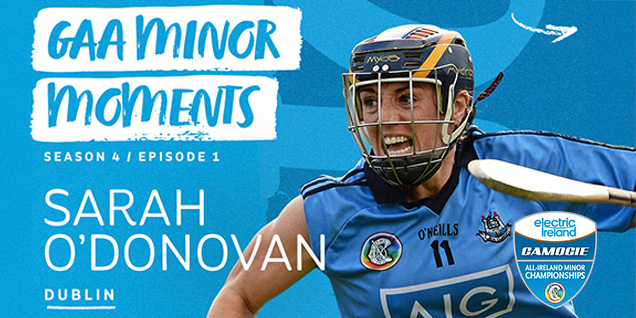Duncan Stewart on the small changes we can all make that will have a big impact

Microgeneration is here and Electric Ireland is supporting customers on their energy-saving journeys. But how does the Microgeneration Support Scheme support a net-zero future?
Architect and environmentalist Duncan Stewart speaks to Electric Ireland about the small changes we can all make that will have a big impact.
Q. Duncan, why should households consider microgeneration?
Remember that most of the power we buy and consume comes from fossil fuels. Any renewable energy we can generate at home will save on fossil fuel imports and lower our overall emissions.
Q. The most popular method of installing a renewable energy device in your home is solar PV. But how easy is it to also install a micro wind generator, or micro-hydro generator?
Unfortunately these are not easy for most people. Micro-wind really depends on having open land. Hydro could work if you’re by a river. But unfortunately these technologies aren’t mainstream so the costs savings aren’t always as obvious as solar PV, which is why it is the most popular renewable energy device for domestic electricity customers.
Q. As an architect, and a renewable energy generator yourself, what do homeowners need to know before they install a renewable energy device in their homes?
Only a very small part of my roof is suitable and faces south so I have solar hot water panels, rather than solar PV. These heat my hot water tank and are great for that but don’t provide electricity that solar PV does. If you’ve a very small roof area then solar hot water panels often make more sense. Solar PV tends to make a big difference over a larger roof area.
Q. What other small changes can we all make today that will have a big impact on the environment?
I spend most of my time talking to people about climate change and energy. Getting the conversation started and getting informed are the biggest steps that everyone can participate in.We’ve made many episodes covering different aspects of climate change and energy in our Eco Eye TV series, which we’ve made freely available on our YouTube channel. There are opportunities everywhere to save on fossil fuels, both in short-term savings and long-term investments that make sense.
Now, with wholesale energy prices rising, there has never been a better time to really focus minds on reducing our reliance on imported fuels. This problem of price instability isn’t going to go away, so it’s in our own interests to get off fossil fuels, even if it costs us more now. Not everyone can make these big investments but there are many supports available for all kinds of residential and business electricity users through SEAI.
Scroll down for Microgeneration: Power to the People video
Q. In your opinion, what does the future of electricity look like in Ireland?
Well, we need an incredible amount of clean energy. Much more than some people realise because most of our heat, transport and industry needs to get off oil and gas and go electric so the demand will be very big.
I think on-shore wind should double or triple, but we’ll eventually run out of good sites. Offshore wind is the big opportunity. This has to go very big very fast. That industrial scale we haven’t seen here yet.
All this will also mean much more power lines across the country. And we have to stop objecting to this stuff. People don’t realise how important this infrastructure is.
Duncan Stewart was in conversation with Electric Ireland as part of our Microgeneration: Power to the People series, For more information on that series, and to find out about Electric Ireland's microgeneration rollout, visit the Power to the People page.
Read more: Everything you need to know about microgeneration
Read more: 5 energy-saving tips for an all-electric home
Read more: Make the most of your smart meter
Follow Electric Ireland on social media: Twitter: @electricireland Facebook: @ Electric Ireland Instagram: @electricireland



